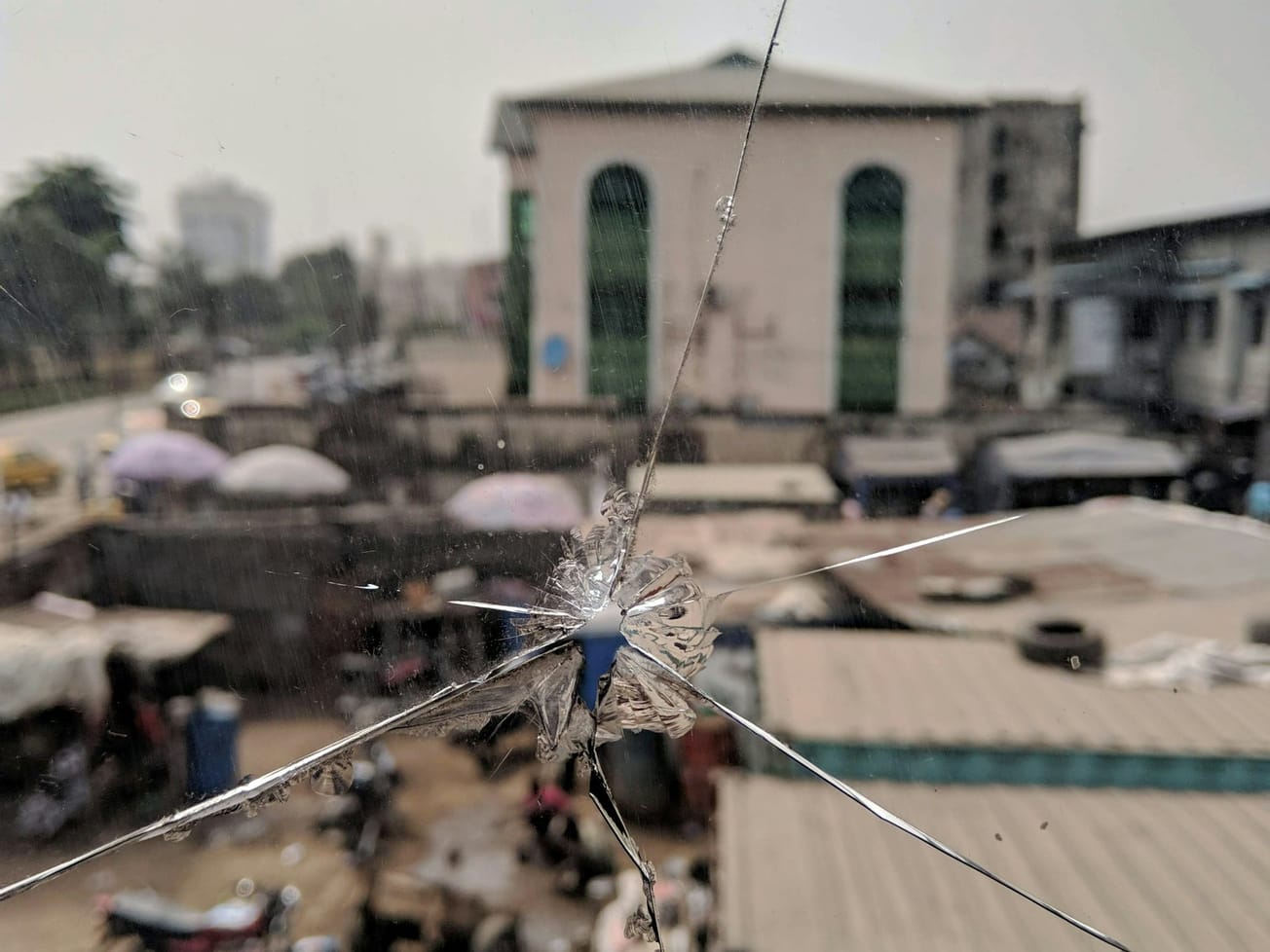Leaders and experts at a U.N. meeting pointed to Africa as a global epicenter of terrorism with thousands of attacks and deaths each year.
The U.N. Global Counterterrorism Coordination Compact – which brings together dozens of U.N.-affiliated organizations and member nations – was holding a two-day meeting until Friday to address the rising violence and spread of terrorist networks in Africa.








